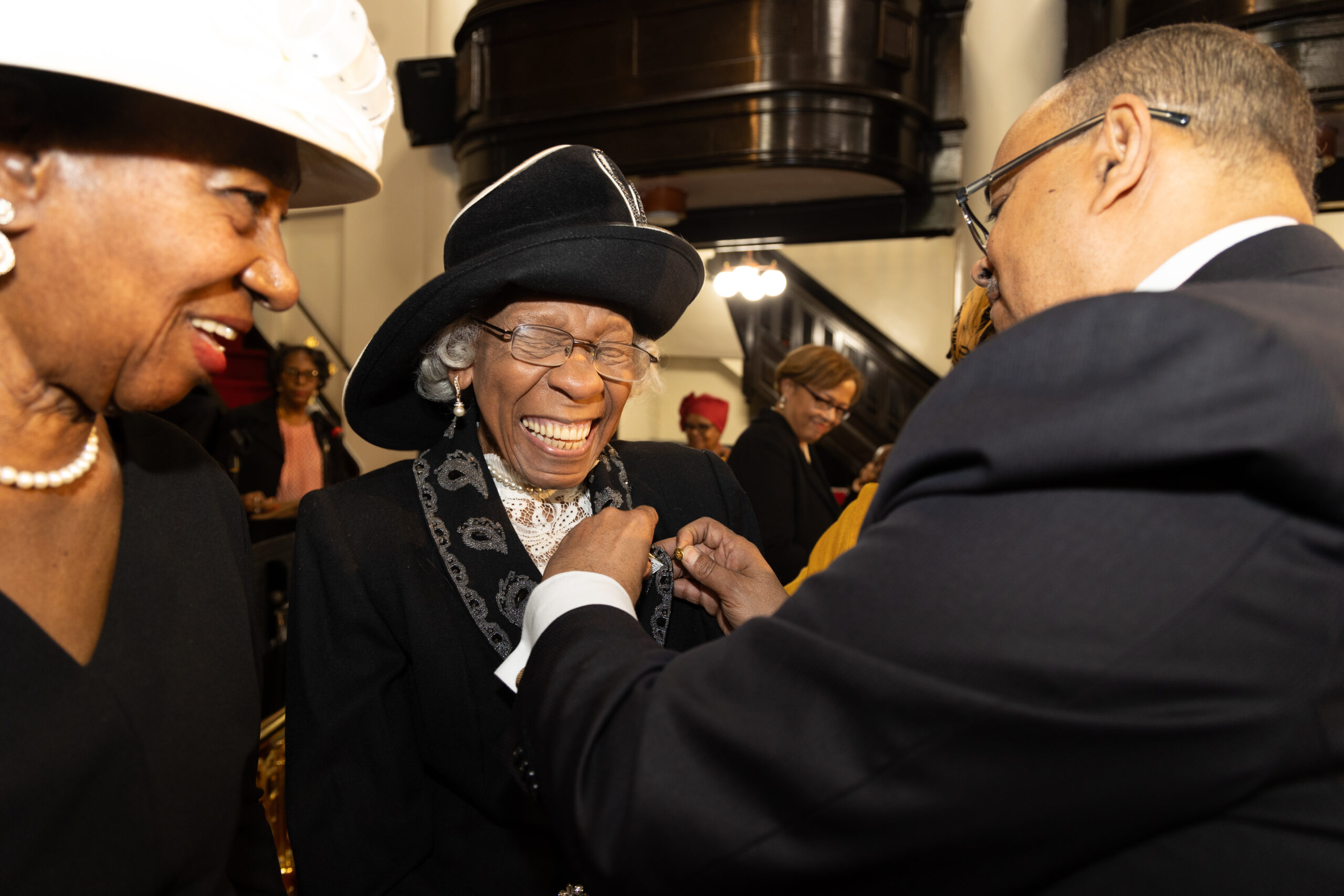Servants worthy of their hire: Fairly Paying Church Staff in the Age of Virtual Worship
John Thomas III, Editor of the TCR
The beginning of a new year is a time to reflect and vision for the future. We set goals and make resolutions and examine what we need to change. As the COVID-19 pandemic continues with most of our church buildings closed for regular Sunday morning worship, AME congregations globally have proven resilient in adapting ways to maintain our corporate worship. Like the Israelites from the Bible, we have built our tabernacles in this wilderness understanding that our praise and worship is not confined to four walls.
The rise of virtual worship for many churches has meant that new skill sets are needed to navigate the technologies that not only maintain our connection but facilitate our spiritual growth. In some cases, churches have shifted paid staff to handle the digital platforms and in others, loyal volunteers have given of their time and professional talents to help their churches maintain their ministry. The pandemic has also created opportunities for diversity in music, with even the smallest church now able to have world class praise and worship thanks to the magic of YouTube. Connectional departments such as the AMEC Publishing House and the Christian Education Department have provided resources to assist churches in their worship and members in their personal spiritual development.
We know that all talents come from God and part of our understanding of tithing as a denomination includes giving of our skill to the church. It is one thing to use your abilities to help your church as part of your Christian witness understanding that many churches cannot afford the true value of the service. It is quite another to be expected to work cheaply or worse not be compensated at all because, “It’s the church.” One of the issues with Black Church culture in general is finding fair compensation for those who work in God’s church. The pandemic has revealed as well as a lack of understanding of the true value of technical skills. While it may have been acceptable to have the pastor’s steward’s granddaughter run the Facebook Live as an emergency, we must now understand that we get what we pay for and we must rethink what is important not only for the current environment, but the future of worship.
It never escapes me how AMEs are so willing to pay for tickets to banquets where we sometimes cannot eat the food and ads for journals that we may never read yet balk at the necessity of investing in essential services such as technology and musicianship. In a previous article, Rev. Garland Pierce mentioned the strains on the budget that the General Officers face as we have adapted our departments to provide services and resources. In local churches, we must now build into our budgets adequate funding for technology services such as graphics, video, and streaming services. The adage “you get what you pay for” is true and it is clear which congregations have invested—and which still believe that the best cost is “free”. There is a need for our church leaders understand the various levels of production that happen weekly. For example, learning what is the cost/value of a live recording that is edited by others. Also, looking holistically at the media team and creating a team approach with a budget.
As a corollary to this, we must understand and respect the digital intellectual property that we use in our services. Copyright laws exist so that artists can be compensated for their work and as churches have used more and more pre-recorded music familiarity with “common licensing” requirements is essential. Furthermore, videos of live choirs and soloists have been used by various churches to embellish their morning services. While there is nothing wrong with wanting to share wonderful music that you have seen, artists deserve to be compensated for their work. When a guest soloist is at your church on Sunday morning—either virtually or physically—they deserve to be compensated for using their talent. At the very least, it is best practice to contact the person who sang the song that inspired you before using the video in a service.
We are still adapting and changing to the new digital norms. Just because a singer is not before the congregation or the lesson digitally appears on your screen does not mean that a cost was not involved. There is a generation gap between the Baby Boomers who value what they can touch and see in person versus young generations who understand what digital production costs. May we find a fair balance so that we can truly treat God’s servants “worthy of their hire”.





